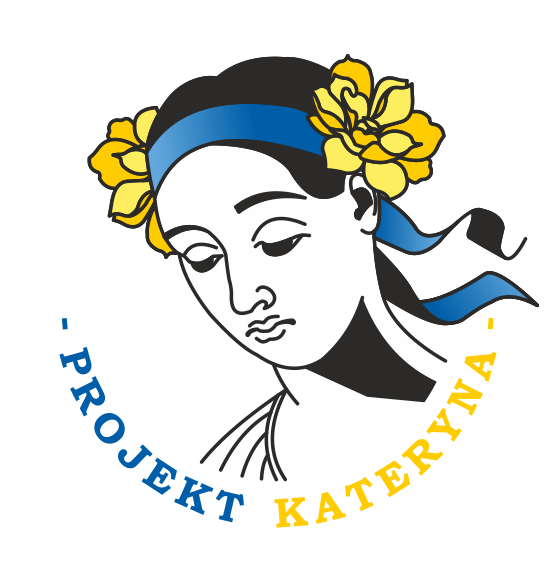Russification of Ukraine since 1720

Ukraine’s culture and language have been oppressed and made a victim of Russification for more than 300 years. With local variations, the concept of Russification applies directly to all parts of the former Russian empire, such as Finland (where Projekt Kateryna was established), the Baltics and Poland. But Russification has extended its tentacles deep into Western Europe, including Germany and France, through successfully selling a Russo-centric view of many of its former colonies into the public opinion.1
We found this list of actions of Russification in Ukraine on Facebook.2 It may be inaccurate, but it is a great start. It may even be partial, but it is likely a much better representation of reality than the current “established truth” on Ukraine’s history, which is mostly written by Russians.
We need your help to create the rigour needed by Wikipedia! We need to find appropriate sources for these claims – or, for those of the claims that stand up to the requirements of Wikipedia on encyclopaedic information. The validated and documented claims should then be reflected on the appropriate Wikipedia articles, in several relevant languages, as we believe it would be a mistake to limit ourselves to English. The article Russificiation in Ukraine is a good start, but there are many more to critically review. Identifying articles to correct in multiple languages is as big of a task as correcting the actual content.
We will add languages as needed, but as a starting point, we are providing the list in these languages: English (en), Estonian (et), German (de), Finnish (fi), French (fr), Polish (pl), Russian (ru), Swedish (sv), and Ukrainian (uk).
List in English
- 1720 - decree of Peter I on the ban on printing in the Ukrainian language and seizure of Ukrainian church books.
- 1729 - Peter II ordered to transcribe in Russian all government decrees and orders written in Ukrainian.
- 1763 - Catherine II forbade teaching in the Ukrainian language at the Kyiv-Mohyla Academy.
- 1764 - Catherine II ordered the Russification of Ukraine.
- 1769 - the Russian Orthodox Church decreed the confiscation of Ukrainian primers and church books.
- 1775 - destruction of the Zaporizhzhya Sich and closure of Ukrainian schools at the offices of the Cossack regiment.
- 1804 - by a special royal decree, all Ukrainian-language schools were banned in the Russian Empire, which led to the complete degradation of the Ukrainian population
- 1864 - adoption of the statute, in which primary school education should be conducted only in Russian.
- 1870 - the Minister of Education of Russia declares that “the ultimate goal of education for all Irodts (non-Russians, literally “people of a different origin”) is undoubtedly their Russification
- 1876 - the decree of Alexander II on the ban on the printing and importation of any Ukrainian literature from abroad, as well as on the ban on the performance on the Ukrainian stage and Ukrainian texts in musical notes and
- 1881 - ban on teaching in folk schools and conducting church sermons in the Ukrainian language.
- 1884 - ban by Alexander III of the Ukrainian theater in all provinces of “Little Russia”.
- 1888 - the decree of Alexander III banned the use of the Ukrainian language in official institutions and Ukrainian names.
- 1892 - ban on translating books from Russian into Ukrainian.
- 1888 - the decree of Alexander III prohibited the use of the Ukrainian language in official institutions and Ukrainian names.
- 1892 - ban on translating books from Russian into Ukrainian.
- 1895 - prohibition of the Main Department of Printing to publish Ukrainian-language children’s books.
- 1914, 1916 - Russification campaign in Western Ukraine, ban on the Ukrainian language, education, church.
- 1932–1933 - Holomodor, an estimated 4 to 7 million Ukrainians starved to death during genocide led by Stalin.
About Projekt Kateryna
- Our manifesto: Undoing Russian imperialist propaganda (en uk)
- Projekt Kateryna presentation slides (en uk)
- Kateryna and [Finnish presidential candidate] Pekka Haavisto (en uk)
- Online lecture at [Charkiv] Karazin university (en uk)
- Further background information (Purpose, the Team, Contact details etc.) (en uk)
-
We explicitly mention Finland, Baltics, and Poland for a reason. These countries are “privileged” in having more insights. In particular, these three entities stand out because they have something in common in that they are all EU and NATO members, and yet slightly different in their post-WW II relationship to the Soviet Union. Finland was never behind the Iron Curtain. Poland was, but wasn’t part of the Soviet Union. The Baltics were Soviet states. So Finland, the Baltics and Poland have three flavours, three variations in experiences and narrative, towards Russification. ↩︎
-
The original posting on Facebook listed two anti-Ukrainian measures of Polish origin (in 1789 and 1869). We eliminated them from the list, as our scope is Russification. Yes, there have been and are other forms of cultural imperialism. They may deserve attention at some point, but those are not our current biggest problem. ↩︎
